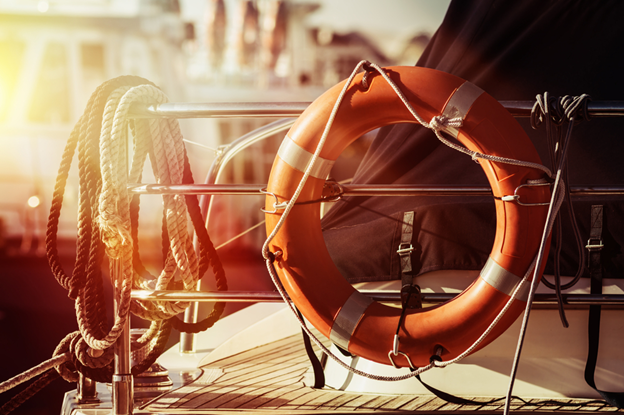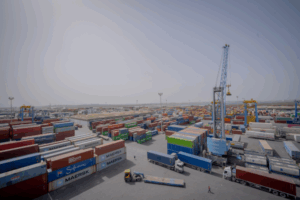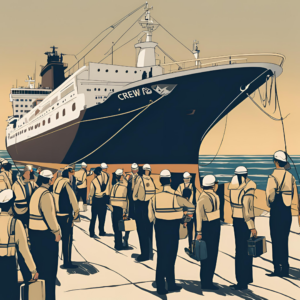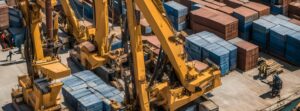The maritime industry plays a very important role in the international economy and is considered one of the pillars and backbones of international trade. However, like any other industry, it must be governed by rules and regulations to ensure the safety of the parties involved, the safe transfer of goods and the protection of the sea. In this article, we’re going to explore some of the international conventions adopted by the IMO ( International Maritime Organization) related to the ships, the seafarers, and the shipping company.
All Seas Shipping, as part of the international ecosystem of maritime trade, respects these conventions and strongly supports the IMO in its efforts to constantly regulate the industry and ensure the safety and security of all concerned.
Ships
SOLAS : International Convention for the Safety of Life at Sea (1974)
This convention establishes a comprehensive set of minimum criteria for ship design and fundamental safety equipment (such as firefighting, navigation, lifesaving, and radio) to be carried on board. SOLAS also mandates frequent ship inspections and the issuance of certificates of conformity by flag nations.
MARPOL : International Convention for the Prevention of Pollution from Ships (1973/1978)
It specifies standards for the prevention of pollution that can occur both by incident and during normal operations. MARPOL regulates protection against pollution from oil, bulk chemicals, hazardous cargoes, sewage, wastes and the atmosphere, and contains regulations such as the double hull requirement for some tankers.
COLREG : Convention on the International Regulations for Preventing Collisions at Sea (1972)
This convention includes 14 rules divided into six sections that work as a map for the rules of the road to avoid collisions at sea. The sections are divided as follows : Part A – General; Part B – Steering and Sailing; Part C – Lights and Shapes; Part D – Sound and Light signals; Part E – Exemptions; and Part F – Verification of compliance with the provisions of the Convention.
LOAD LINE : International Convention on Loadlines (1966)
It determines the minimum allowable free board based on the time of year and the ship’s trade pattern. The laws take into account the dangers that may exist in various zones and seasons. Additional safety precautions for doors, releasing ports, hatchways, and other components are included in the technical appendix. The major goal of these procedures is to guarantee that ships’ hulls below the freeboard deck are watertight.
ISPS : The International Ship and Port Facility Security Code (2002)
It contains required standards for ensuring the security of ships and port infrastructures at all times throughout a journey.
Seafarers
The STCW : International Convention on Criteria of Training, Certification, and Watchkeeping for Seafarers (1978/1995/2010)
It sets consistent competency standards for seafarers. It requires that officers must have a valid certificate of qualification to verify that they meet the minimum standards of skills, seagoing service time, medical readiness and age.
Shipping Company
ISM : The International Safety Management Code (1993)
It basically necessitates that shipping businesses obtain a license in order to operate. Companies and their ships must be audited on a regular basis to verify that a safety management system, including proper processes and channels of communication between ships and their onshore managers, is in place.
The International Maritime Organization (IMO) has a vital role in adopting and creating these regulations to ensure the well functioning of the industry. These conventions drive people and organizations to behave and approach any operation within the industry in a legal manner that respects the safety of the cargo and the people involved.
Source : IMO_ List of conventions






